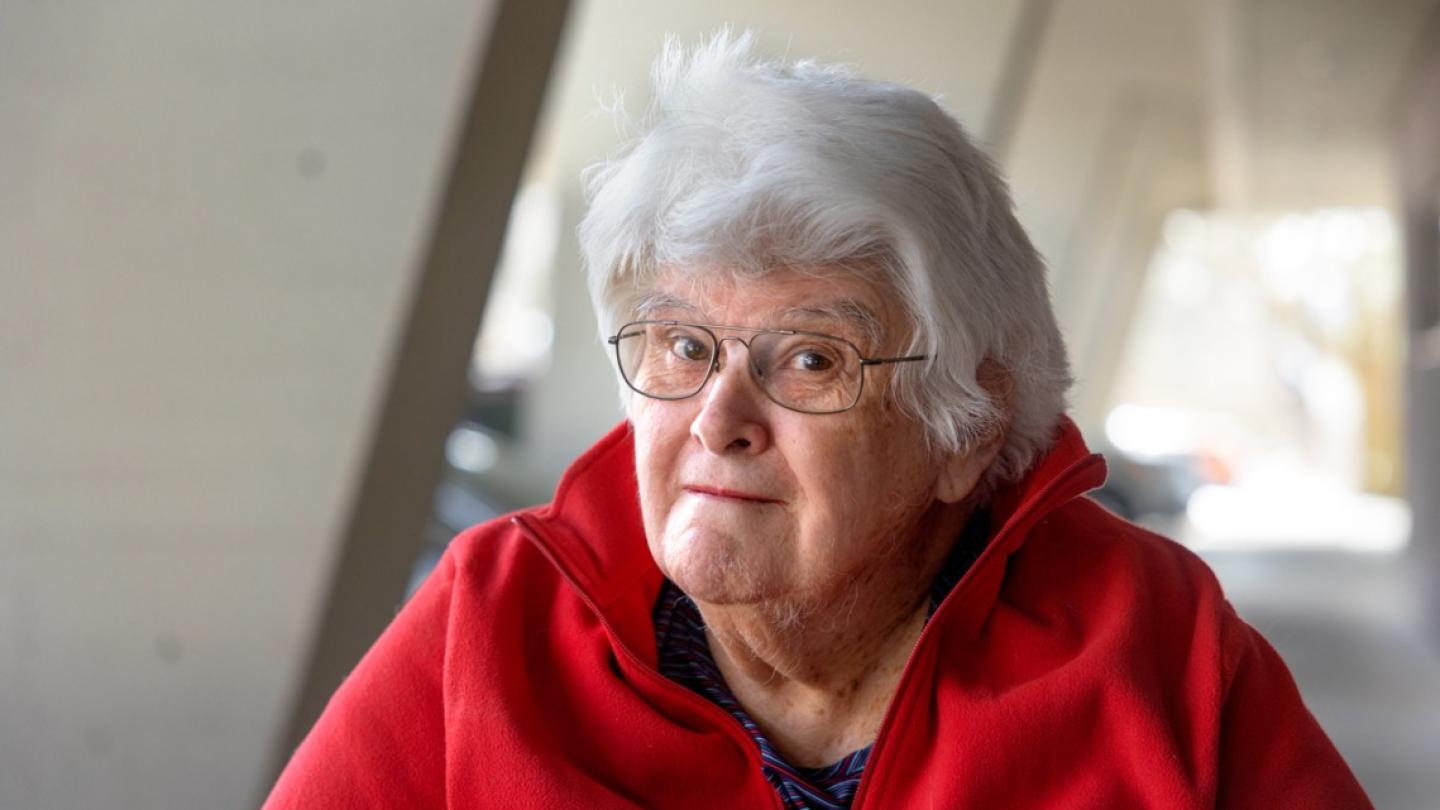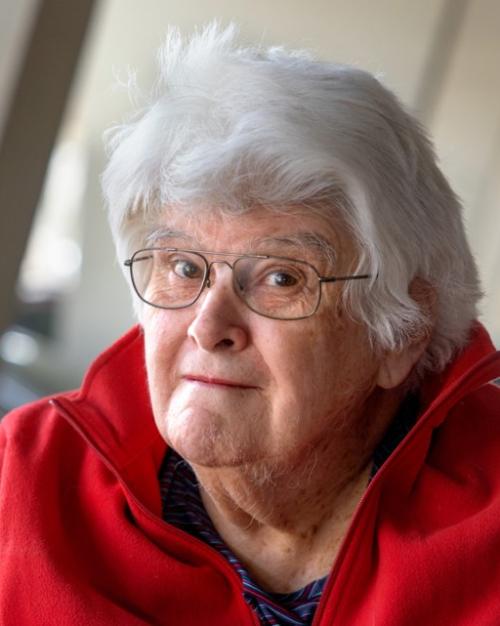As a graduate student at Yale in 1969, Margaret Rossiter was told by her professors that, up until then, there had been no women involved in scientific research. Disappointed, Rossiter temporarily gave up on the topic and decided to find a man to write about.
“Everything we read about was mostly 19th century and these white men,” said Rossiter, the Marie Underhill Noll Emerita Professor of the History of Science in the College of Arts and Sciences. “And occasionally I’d wonder, ‘If I was around back then, would they even look at me?’ Some of them were against coeducation. It was very much a white male-dominated subject.”
While most history books at the time made no mention of the scientific contributions of women, she unexpectedly found evidence of their existence in the "American Men of Science," the Who's Who of the time. She eventually found more details, including the discrimination women faced, in documents and letters in the dusty boxes of college archives.
“Our whole system was sort of rigged against them,” Rossiter said of the women she studied, who were pursuing employment in science fields in the 1900s. “You hardly ever found a man or anybody who encouraged them. And then even an older woman would say, ‘Well, you know, if you want a job, you should go into home economics. Give up geology – it may be your passion, but there’s no future.’”
For 10 years, Rossiter’s archival discovery propelled her across the country in search of more untold stories. She unearthed the scientific accomplishments of hundreds of women and, after numerous procedural obstacles around obtaining funding, compiled the narratives into a three-volume work, “Women Scientists in America.” The books – published in 1982, 1995 and 2012 – shed light on the many ways women were involved in the advancement of science, as well as how they were pushed out of the field and left out of the history books.
In recent years, efforts have been made to highlight the long-overlooked contributions of women scientists – from Rosalind Franklin (DNA) and Ada Lovelace (computer science) to the real women behind the movie “Hidden Figures.” But when Rossiter was conducting her research, she struggled to convince funders and administrators of its importance.
“When I was applying for National Science Foundation grants in the 70s, if they had asked, ‘What impact would this have?’ I don’t think I would have thought of that,” Rossiter said of the influence she’s had. “It broadened the history of science; there were these white men there, and then there were women there.”
Rossiter came to Cornell in the mid-1980s, through the Visiting Professorships for Women program, a one-year appointment which she stretched to two. Still at Cornell in 1989, she was awarded a MacArthur Fellowship, known as a “genius grant,” and while this didn’t inspire administrators at Cornell to hire her permanently, the University of Georgia reached out with an offer of a tenure-track position; an endowed chair.
Rossiter heard that a Cornell trustee, Patricia Carry Stewart ’50, wasn’t happy about potentially losing her to another institution.
“So, she called up (President) Frank H.T. Rhodes,” Rossiter said of Stewart, “and said space should be made for me, even if it meant creating a new department, which had never occurred to the deans or anybody. They hadn’t had a new department since the ’60s.”
Rossiter got an endowed chair at Cornell and stayed the rest of her career in the new Department of Science and Technology Studies (A&S), where her impact is still felt today.
“She really made a difference in terms of promoting and helping junior women academics around her wherever she could,” said Jessica Ratcliff, assistant professor of science and technology studies, who said Rossiter helped her navigate the journey from lecturer to faculty member.
Ratcliff lectures on some of Rossiter’s findings to her classes, including “the Matilda effect,” a phrase coined by Rossiter in 1993. It describes the systematic suppression of information about women in the history of science, and the attribution of women’s work in science to male colleagues. It was named for 19th-century suffragist Matilda Joslyn Gage, who first described the effect in an 1870 essay.
“The students really get into it,” Ratcliff said. “And a lot of them are women who are planning on going into a life science field or some other science field, and they find it incredibly interesting to read about an analysis of something so everyday – like the patterns of citations, and how citations are constructed and used in the sciences – having this long-term effect on the visibility of women in science.”
Rossiter, 78, has ended her research efforts and is no longer teaching. She said her research started out as a puzzle, an attempt to include the missing pieces of history, but ended up being an inspiration to younger generations.
Rossiter’s tireless excavation of history has helped lift women’s contributions in science to their proper place. She reflected on the concept of “Women’s History Month” and how despite the advances she’s helped foster, it’s still needed.
“Even now, there’s a lot of minority women we don't know about; there’s nooks and crannies you can read more about,” she said.
Last year Rossiter was honored for her impactful career with the 2022 Sarton Medal from the History of Science Society. The highest award the society grants, the Sarton Medal honors a lifetime of scholarly achievement. She traveled to Chicago to accept the award in person.
“And the best part of it was the extended standing ovation,” Rossiter said. “I have a lot of contemporaries in the field, people who’ve known me for 30 to 40 years, and a lot of them came and went on about my work. And they gave me this standing ovation. I realized it was more than I expected.”





